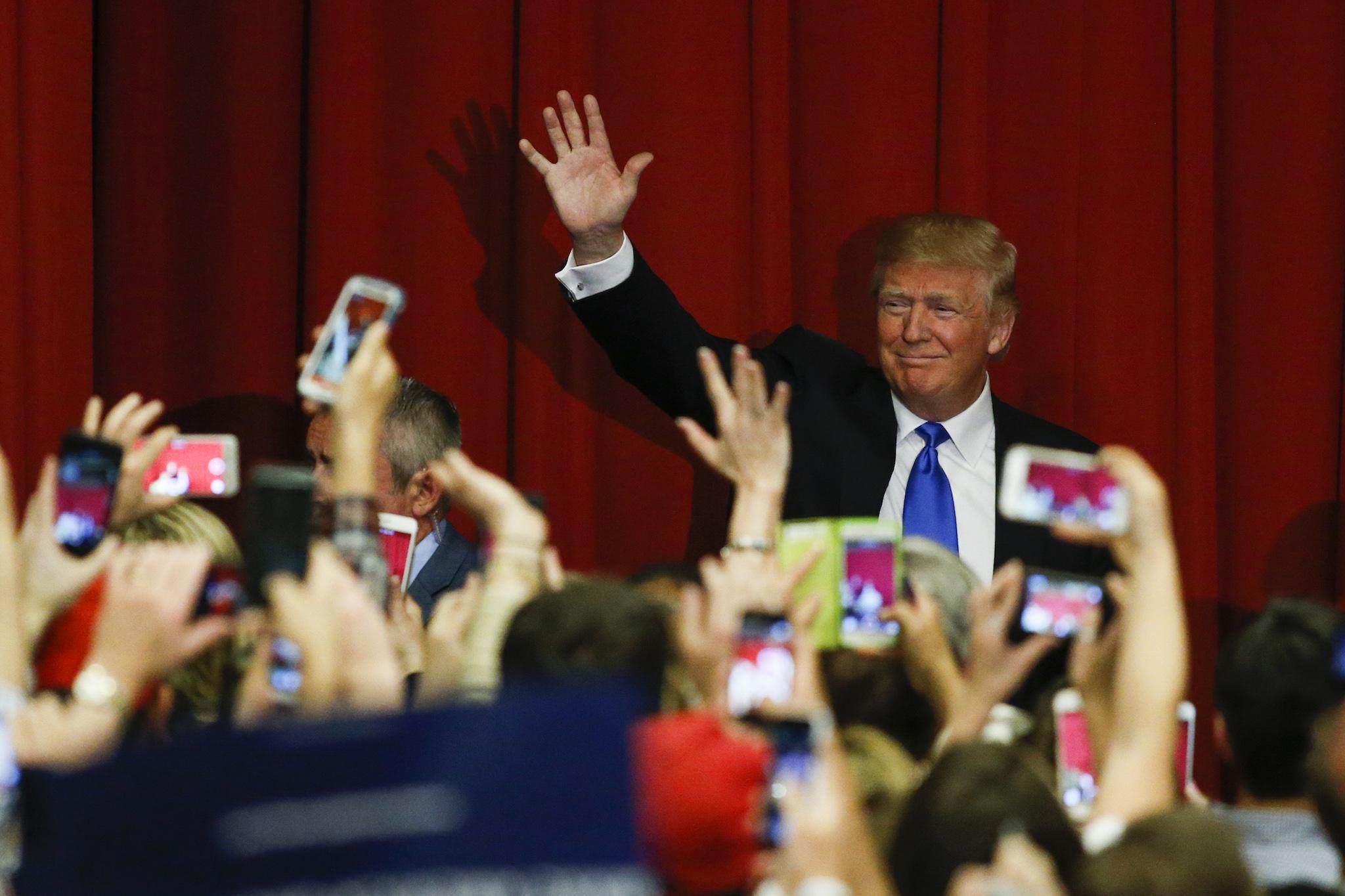Don’t expect Trump to settle down anytime soon – chaos is the President’s preferred management style
His oft-stated idea that unpredictability is a virtue in negotiations (and, by extension, in foreign policy) is connected to a general comfort with a constant level of disruption

Your support helps us to tell the story
From reproductive rights to climate change to Big Tech, The Independent is on the ground when the story is developing. Whether it's investigating the financials of Elon Musk's pro-Trump PAC or producing our latest documentary, 'The A Word', which shines a light on the American women fighting for reproductive rights, we know how important it is to parse out the facts from the messaging.
At such a critical moment in US history, we need reporters on the ground. Your donation allows us to keep sending journalists to speak to both sides of the story.
The Independent is trusted by Americans across the entire political spectrum. And unlike many other quality news outlets, we choose not to lock Americans out of our reporting and analysis with paywalls. We believe quality journalism should be available to everyone, paid for by those who can afford it.
Your support makes all the difference.Presidential transitions – especially in cases where one party’s rule is giving way to its opposition – are generally fraught and filled with confusion, mistakes and mixed messages. The process of turning over the massive and wildly complex administration of the United States is a daunting one, which makes such hiccups inevitable – even at the best of times.
Despite that, all external indications are that the first few weeks of the Trump administration have seen an unusually – perhaps uniquely – high level of chaos in the federal government. The chaos which followed Trump’s executive order on immigration is due in large part to the fact that the White House apparently did not subject the order to legal review or offer the Departments of State and Homeland Security – which are responsible for its implementation – sufficient opportunity to review or comment on the new policy.
There are a few reasons why this is the case. First, Trump is operating with an exceptionally small group of advisors, primarily a core group of staff in the White House. Given the extraordinary range of issues the federal government deals with, this inevitably means that their attention will be divided – and this is exacerbated by the fact that many of Trump’s key staff, not to mention the President himself, are working in government jobs for the first time.
By contrast, the federal agencies are headed, and staffed, by people who Trump is much less personally familiar with, like Rex Tillerson, Jim Mattis and John Kelly. It is early yet to judge how their stewardship of their departments will contrast with the White House, but it is fair to say that the management styles and policy philosophies of Trump’s primary foreign policy Secretaries differs from his in crucial ways. Those departments are also operating at reduced capacity; key sub-Cabinet roles are either vacant or filled by acting staff whose lack of permanence means that they are loathe to undertake any major initiatives.
So what happens next? Some parts of the current situation will inevitably stabilise. Vacant roles will be filled; staff will adjust to their new roles and the machinery of policymaking will operate more smoothly.
But prior predictions that Trump will calm down or normalise have generally been proven wrong. Trump seems comfortable in chaos; like his oft-stated idea that unpredictability is a virtue in negotiations (and, by extension, in foreign policy) is connected to a general comfort with a constant level of disruption. The federal bureaucracy, by contrast, is designed to tolerate the disruption of a presidential transition, but not governance by constant crisis. Ultimately, one must accommodate the other – but at this stage, there is little indication of how that might happen.
Jacob Parakilas is deputy head of the US and Americas Programme at Chatham House
Join our commenting forum
Join thought-provoking conversations, follow other Independent readers and see their replies
Comments